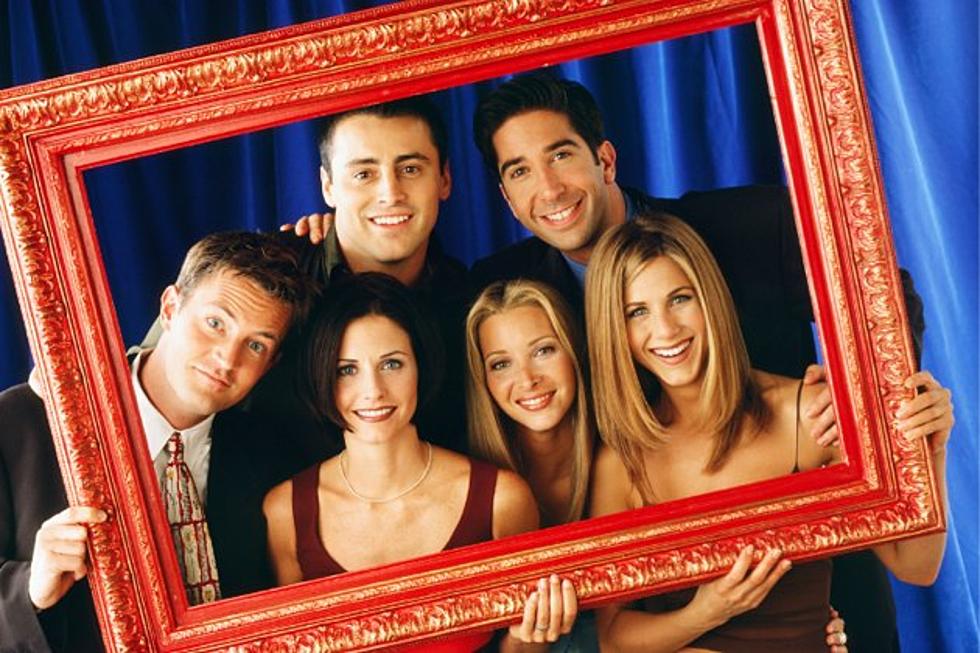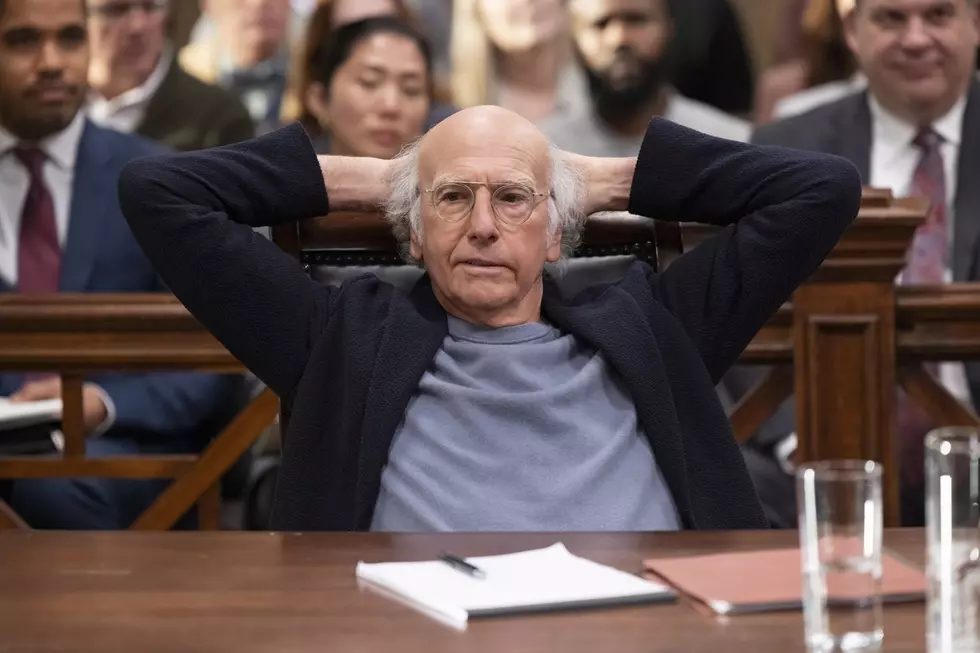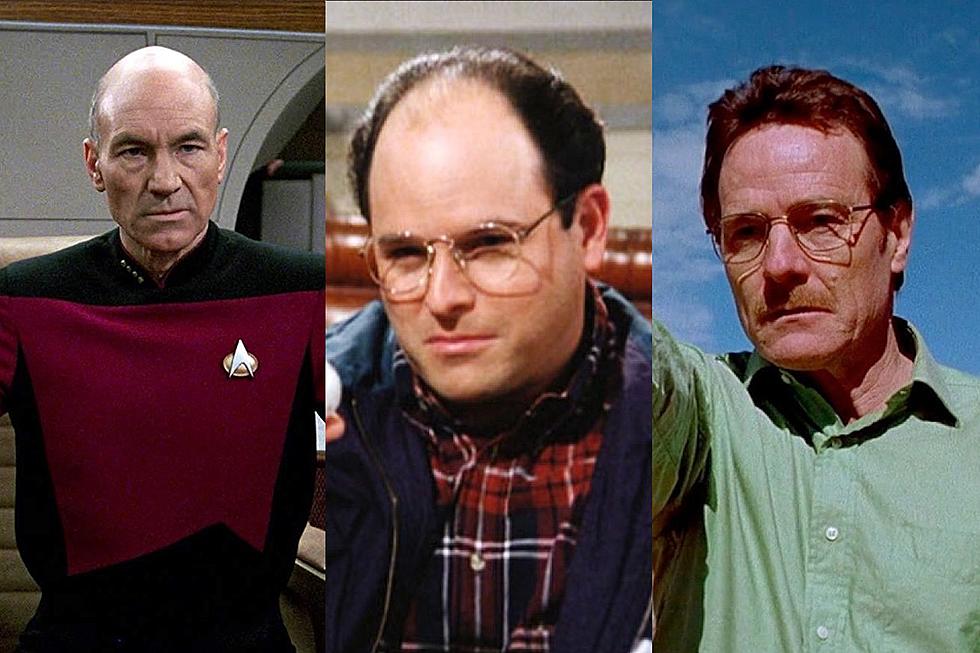
‘Friends’ At 20: Less Really is More
It’s always bizarre to re-watch the pilot episode of a long-running television series, especially a situation comedy. Both ‘Friends’ and ‘ER’ are celebrating the 20th anniversaries of their debut over the next few days, but watching the ‘ER’ pilot almost feels like watching a movie. The pace of ‘ER’ came first and the characters were established later (we didn’t get to know too much about Noah Wyle’s John Carter, other than that he was new and that he was scared). ‘Friends’ didn’t have this luxury. The first scene of ‘Friends’ takes place in a coffee shop, so we really have no choice other than to meet these people. And the thing is, in this first episode, these people are kind of awful.
Until recently, Nick at Night used to air a mini-marathon of ‘Friends’ reruns every evening. ‘Friends’ has now been replaced by ‘How I Met Your Mother,’ which is an impossible show to watch after that disastrous final season. (A lot of deserved blame is put on the morbid finale, where it’s revealed that the mother has been dead all along, but it really was unnecessarily setting 24 episodes of a television in one location over three days. I learned to hate these characters that I used to like.) I have found myself missing the ‘Friends’ reruns because it was the television equivalent of comfort food (even though those early episodes are kind of hard to watch). We now know that, in the end, everything would be OK – they really would be there for me.
I bring this up because Nick at Night would cycle through all of the ‘Friends’ so quickly, that on multiple occasions in the past year I watched the final episode, immediately followed by the pilot episode. It’s a jarring experience. One minute I’m watching actors who have played the same role for ten years – characters filled with personality and humanity. Then, just like that, here are those same actors – ten years younger – playing caricatures.
This isn’t a slam on any of the actors on ‘Friends’ – actually what I’m describing is quite common. Go back and watch the first episode of any popular sitcom and it’s as if it’s a different show. The Michael Scott we meet in the first episode of ‘The Office’ (the one with the hair plugs, remember those?) is nothing like the Michael Scott that left during the show’s seventh season. ‘Parks and Recreation’ is infamous now for how much its first short season differs from the rest of the series. (Remember when Chris Pratt was playing the asshole?) The actors are all trying to be funny instead of just being funny. (To be fair, to achieve the latter, there needs to be some sort of familiarity with the character, which is of course impossible in a first episode.)
But, here we are in this first episode of 'Friends' with these six new people: Monica seems fairly normal, but boring; Chandler kind of seems like a jerk; Ross is sad; Phoebe is the airhead (a trait that would later be given to Joey, whereas Phoebe became streetwise); Joey, lacking any of the heart that made is character lovable, is a walking “Italian guy” stereotype with a bad haircut; and Rachel, who we meet last, is the frantic, pampered outsider. Re-watching today, and trying my best to not think of everything I already know about these characters (which is impossible), I find myself not really liking any of these people. It wasn't until later that these characters became human. It’s kind of remarkable that ‘Friends’ was such an immediate hit.
Situation comedies have a bad habit of having way too complicated premises. One of the most highly promoted series of the ‘90s was the Téa Leoni vehicle, ‘The Naked Truth.’ Premiering in 1995, its concept was that a Pulitzer Prize-winning journalist (Leoni) had to take a job at a tabloid magazine. It’s the kind of premise that’s supposed to make you laugh just thinking about it in an, “Oh, brother, I bet she winds up in some predicaments,” kind of way. A lot of network executives respond favorably to this kind of pitch. Because, on the surface, I suppose that does sound more interesting than “six people hang out.” Though, ‘The Naked Truth’ lasted only one season before it was canceled by ABC. NBC then tried to salvage it by ditching the tabloid aspect and it lasted two more seasons – one of those on the same night as ‘Friends,’ airing right after ‘Seinfeld’ -- before it was mercifully put out of its misery.
NBC's heralded ‘90s Thursday night lineup was littered with these “high concept” sitcoms that came and went: ‘The Naked Truth,’ ‘Fired Up,’ ‘The Single Guy,’ ‘Union Square,’ ‘Boston Common,’ ‘Madman of the People.’ But it was the two that were basically just “people we like hanging out” – ‘Friends' and ‘Seinfeld’ – that were the only real successes.
Looking at television comedies, most of the great successes over the past 40 years are some iteration of “people hanging out.” Even a show like ‘M*A*S*H,’ its success wasn’t its Korean War backdrop, it’s that people liked the characters. ‘Cheers’ is just about people hanging out at a bar. ‘The Cosby Show’ is about a family that we liked being around. ‘The Office’ and ‘Parks and Recreation’ tried to be a concept – the idea that a documentary is being filmed – but both regressed into “people we like hanging out.” It’s not a coincidence that when ‘The Office’ got desperate after the departure of Steve Carell, it started focusing on the documentary aspect again – and these are some of the worst episodes of ‘The Office.’ Even ‘How I Met Your Mother,’ which started as all concept, eventually became about five friends spending time together in a bar – until that last season when the concept overshadowed the characters, ruining everything.
So I suppose that’s the legacy of ‘Friends.’ ‘Seinfeld,’ often incorrectly, gets labeled the show about nothing, but I can easily remember the plots of individual episodes of ‘Seinfeld.’ It’s harder for me to remember individual plot points from ‘Friends.’ Once the show hit its groove, they all kind of seem to run together. I mean this as a compliment. It was just six people we liked spending time with, which really should be the template for every comedy, even though it may not make an executive laugh at a pitch meeting ... and, yes, it might take a few episodes to get rid of that terrible first episode Joey Tribbiani haircut.
Mike Ryan has written for The Huffington Post, Wired, Vanity Fair and GQ. He is the senior editor of ScreenCrush. You can contact him directly on Twitter.[googleAd adunit="cutout-placeholder" placeholder="cutout-placeholder"]
More From ScreenCrush









